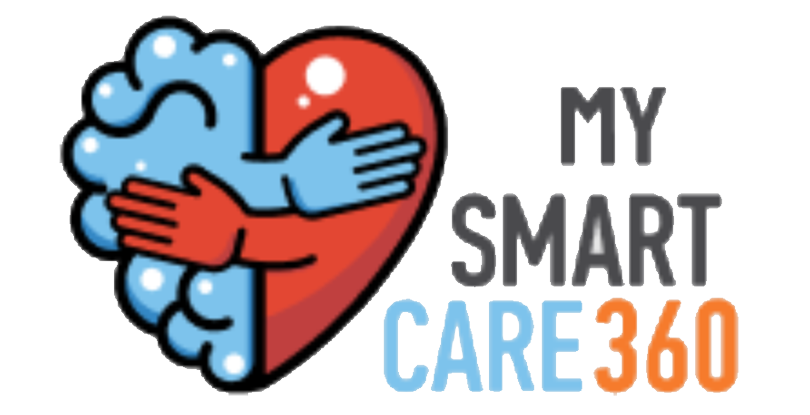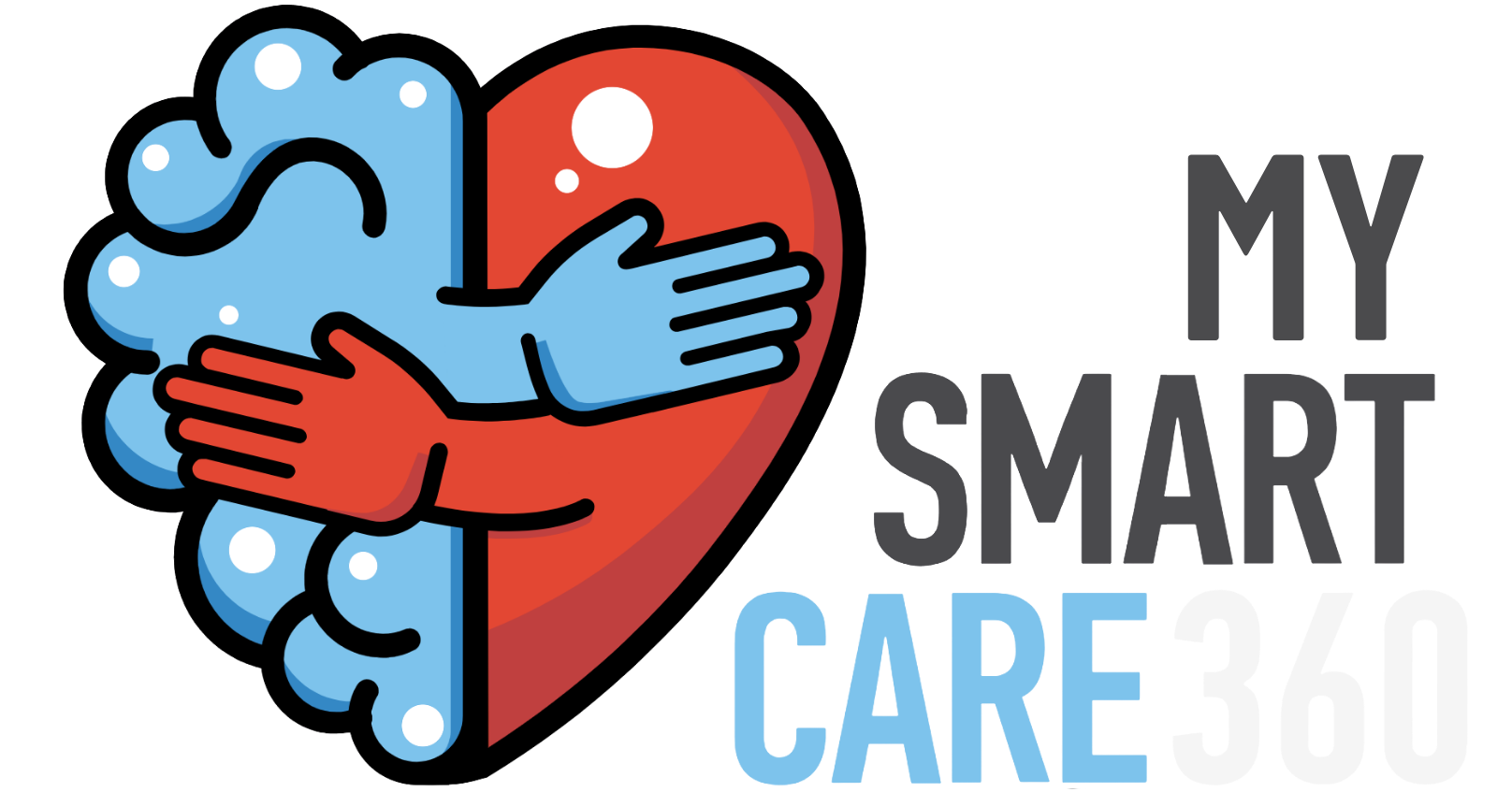Doctors Who Treat Alzheimer’s: Neurologists, Geriatricians & More
Alzheimer’s care involves a team of doctors. Neurologists handle brain issues, geriatricians focus on aging, psychiatrists manage behavior, and primary doctors coordinate long-term care. Each supports different needs as the disease progresses.














